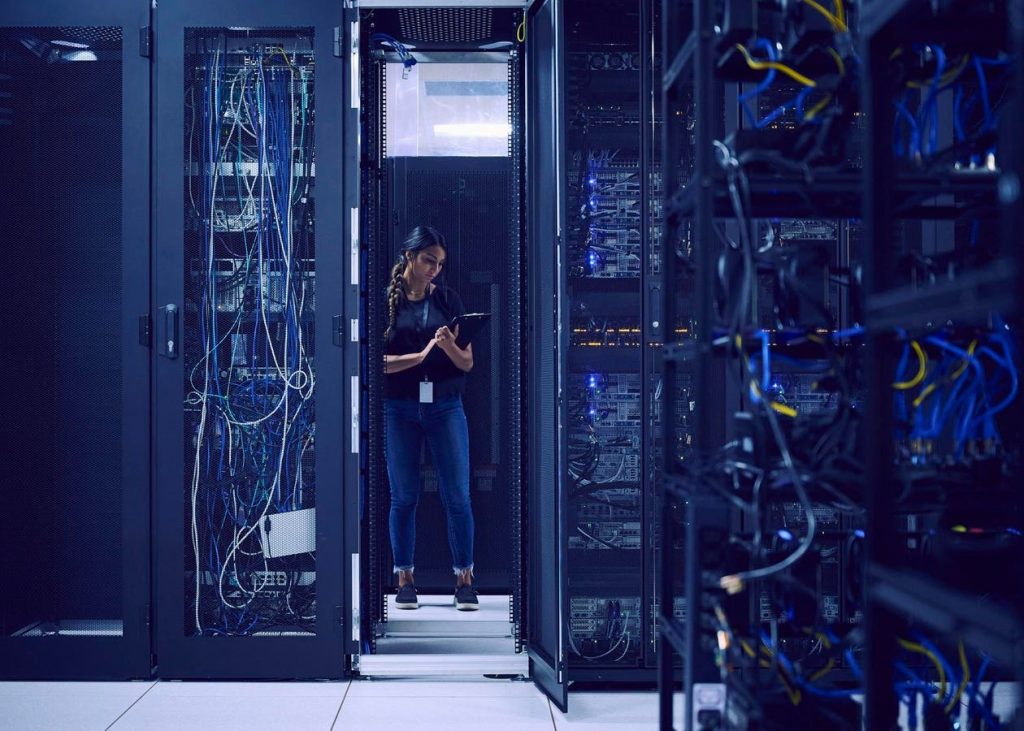In today’s digital age, data centers play a crucial role in the global economy, offering essential services to businesses and consumers. However, the increasing energy consumption of these data centers has raised concerns about sustainability. A recent report from the European Commission highlights that data centers consume a significant portion of Europe’s energy. This has led to the emergence of sustainable financing as a solution to make data center operations more environmentally friendly.
Sustainable financing involves mobilizing capital for projects that have positive environmental impacts, such as reducing greenhouse gas emissions, improving energy efficiency, and promoting renewable energy sources. By creating partnerships among capital providers, innovators in cooling and data center infrastructure management, and developers of solar and wind farms, efficiency goals can be achieved for the benefit of all stakeholders. This approach aligns data center operators and investors with global efforts to combat climate change and achieve sustainable development goals.
There are several benefits to consider when exploring sustainable financing for data centers. These include the potential for a lower cost of capital, operational efficiency improvements, enhanced resilience, the creation of new industry partnerships, and geographic benefits. By investing in green technologies and solutions, data center operators can reduce their carbon footprint, lower overall operational costs, and form partnerships that lead to the development of renewable energy sources in emerging data center markets.
However, there are challenges to overcome when implementing sustainable financing in the data center industry. One major challenge is the lack of a universally agreed upon definition or framework for what constitutes a “green project” or “green financing product.” Different countries and certification organizations may have varying criteria and methodologies, leading to confusion and inconsistency. Additionally, there may be higher upfront costs and analysis required, as operators must determine the most cost-effective approach to comply with sustainability standards.
In conclusion, sustainable financing is a crucial trend for the data center industry, offering multiple benefits for operators, investors, the environment, and society as a whole. By bringing together stakeholders across the data center ecosystem, sustainable financing can drive future development and continuous improvement. As the industry matures, further innovations in sustainable financing are expected to pave the way for a more sustainable and resilient digital economy. This commitment to leveraging capital for the greater good will help shape the future of the data center industry and contribute to a more sustainable future for generations to come.


